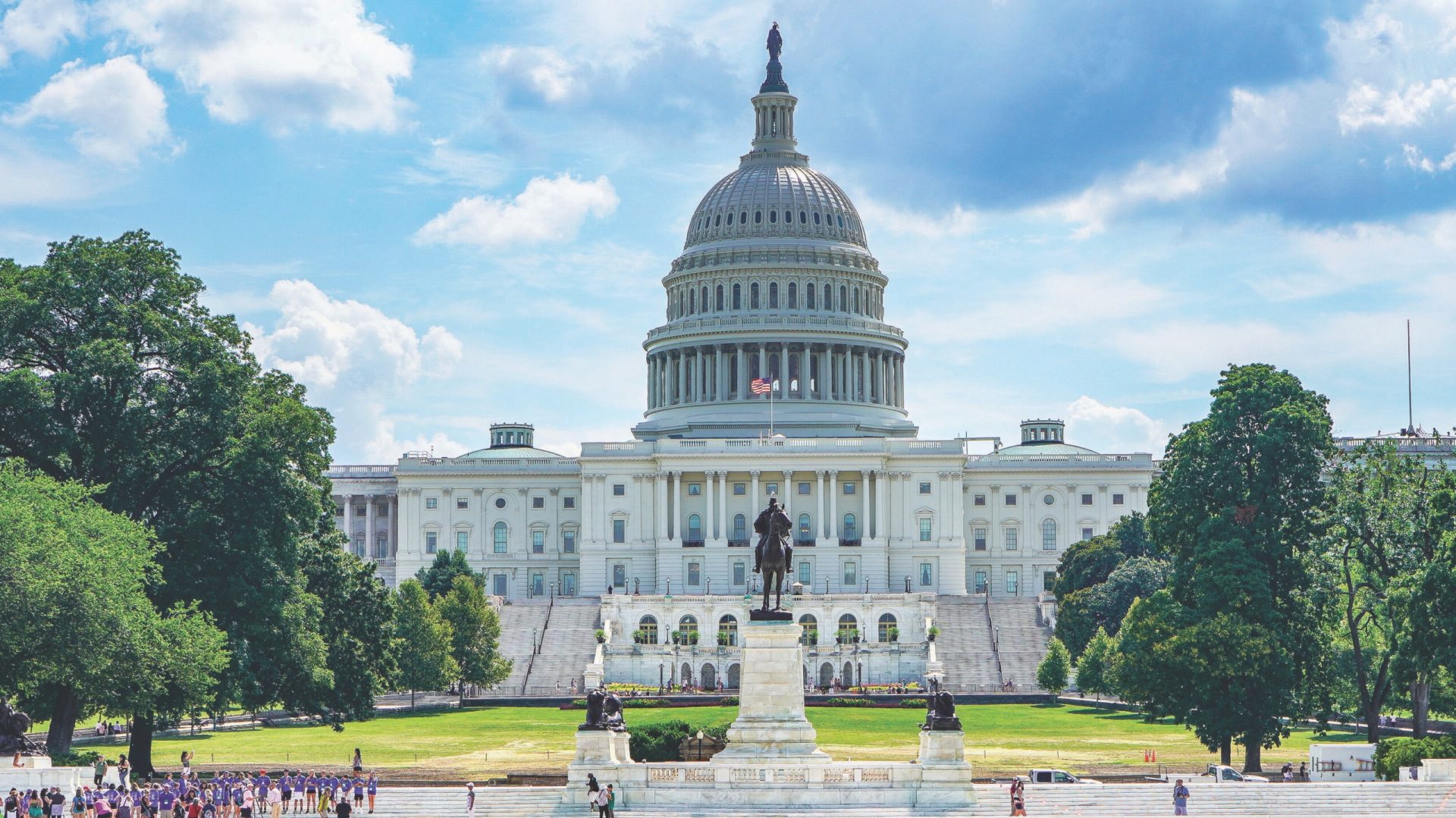Rail Strike Averted as Senate Passes Bill & Biden Signs
Nearly three full years after the railroad unions went into negotiations with the railroads for new contracts, resolution has been reached. Last week, I blogged about the House of Representatives acting to prevent a strike that would have shut down supply chains across the country and could have started this Friday. The Senate followed by passing the House’s bill that made a potential rail worker strike illegal, forcing the rail worker unions to accept a tentative agreement that was rejected by 4 of 12 of the unions.
Sick Leave Resolution Fails

Not everything the House sent to the Senate passed, however. Rail workers’ biggest grievance holding up the ratification of the contract was over the issue of sick leave. Rail workers demanded more sick leave days, so the House tried to have their cake and eat it too by forcing the contract on the unions but also giving them their sick leave. That measure didn’t pass nearly as strongly in the House, and it failed to pass in the Senate.
Democrats were in a difficult position. The party bolsters itself as being pro-union, receiving heavy campaign contributions from unions. President Biden even claims to be the most union-friendly president in history, which is hard to square with him calling on Congress to make a strike illegal and force unions to take a contract they don’t want. But that’s the right call, which is something I’m rarely able to say about action from the Biden Administration, even if there really is no choice.
Meanwhile, the Democrats still control Congress, which was the only thing to stand in the way of a disastrous strike that a U.S. economy already on the downturn could not afford. With it being just weeks before Christmas, it’s hard to imagine a worse time for the railroads to stop moving and supply chains to screech to a halt. Democrats had to act against a union strike – even though it could be viewed as union-busting action and the second highest ranking Democrat in the Senate, Senator Richard Durbin, previously told CNN, “I don’t think it’s likely we will intervene.”
Republicans have been ready to act to stop the strike, so Democrats had no worries of getting the bipartisan action required to avert the supply chain disaster. Interestingly, there was even bipartisan support for the sick leave measure. Li Zhou reported in a Vox News article that conservative senators Ted Cruz and Josh Hawley had an unlikely alliance with the wildly left socialist Senator Bernie Sanders in calling to adopt the sick leave language.
However, it wasn’t enough. Zhou reported that only six Republicans senators voted to force more sick leave into the contract while one Democrat senator voted against it. Thus, Democrats fell short of the 60 votes they needed to have their cake and eat it too.
Ultimately, I believe the Senate did the right thing in passing the bill to stop the strike but not the measure to add sick leave to the contract. As I said in the last post, Congress both forcing the acceptance of a contract and determining the terms of that contract could be a bad precedent.
Did It Hold Up?
The threat of a U.S. rail strike has been a very serious one for much of this year. Negotiations between rail worker unions and the railroads had dragged on for over two years and reached an impasse by the time summer hit this year. Unions were moving toward strike, so it became a serious topic we here at Universal Cargo needed to talk about for shippers. Along the way, I made a couple predictions. Let’s see how they held up.
The most recent prediction was last week when the House passed the bills to halt the strike and force more sick leave into the contract. Here’s what I predicted to follow:
I am confident the Senate will approve the bill that averts the strike by forcing the unions to take the tentative agreement. However, the sick leave passing by a small margin in the House may mean there’ll be some drama over whether or not it will pass in the Senate. If I had to put money on it, I’d go with it passing but by a slim margin. However, it may set a bad precedent for Congress to not only force acceptance of contracts but also to determine terms of those contracts.
I was right about the bill to avert the strike passing, but I was wrong about the sick leave measure passing the Senate. Maybe I get a little mitigation by expecting some drama over it and it to only to pass by a slim margin. Maybe.
For the other major prediction I made, you have to go back half a year to when I really started covering this topic with a post entitled, “How Likely Is a Rail Strike?” This was a long post, laying out the situation for shippers who read this blog. Here’s what I predicted in the conclusion section of that post:
There are enough factors to make me think a rail strike is not as likely to happen as it seemed even a week or two ago. If a rail strike does indeed happen, I think it would be more symbolic than anything as Congress couldn’t afford not to use its powers to shut the strike down right away.
…
A situation where the unions did strike against the railroads would, however, put the Democrats in a tough situation. Unions tend to be big campaign contributors to the Democratic Party, and they couldn’t afford to be seen as anti-union or, worse, union-busting. However, they also can’t afford to let the economy get stuck on the tracks.
I wouldn’t be surprised to see President Biden’s PEB produce rather union-friendly recommendations and congress implement them if the two sides didn’t agree.
In the end, this prediction held up pretty well. The Presidential Emergency Board recommendations that the tentative agreement was based on did give the unions quite a bit, but obviously rail workers would have liked it to be even more union-friendly, particularly concerning the issue of sick leave. In the end, Congress did have to implement the contracts and the country avoided its supply chains shutting down because of a rail strike.
Related Posts
House Acts to Avert Rail Strike That Would Halt U.S. Supply Chains
Rail Strike Watch: SMART-TD Rejects Tentative Labor Agreement
Rail Strike Watch: Another Union Rejects Tentative Labor Agreement
Rail Strike Watch: Potential Strike Pushed Back to December
7th Union Ratifies Rail Worker Deal, But Strike Threat Still Looms
November Rail Strike Looks Likely After Railroads Rejects Union Offer
Threat of Rail Strike Is Not Over
Railroads & Unions Reach Tentative Agreement Preventing Strike
Railroad Unions May Strike This Week w/ $2B-a-Day Consequences
Railroads Reach Deal w/ 3 Unions – More to Do to Avoid Strike





